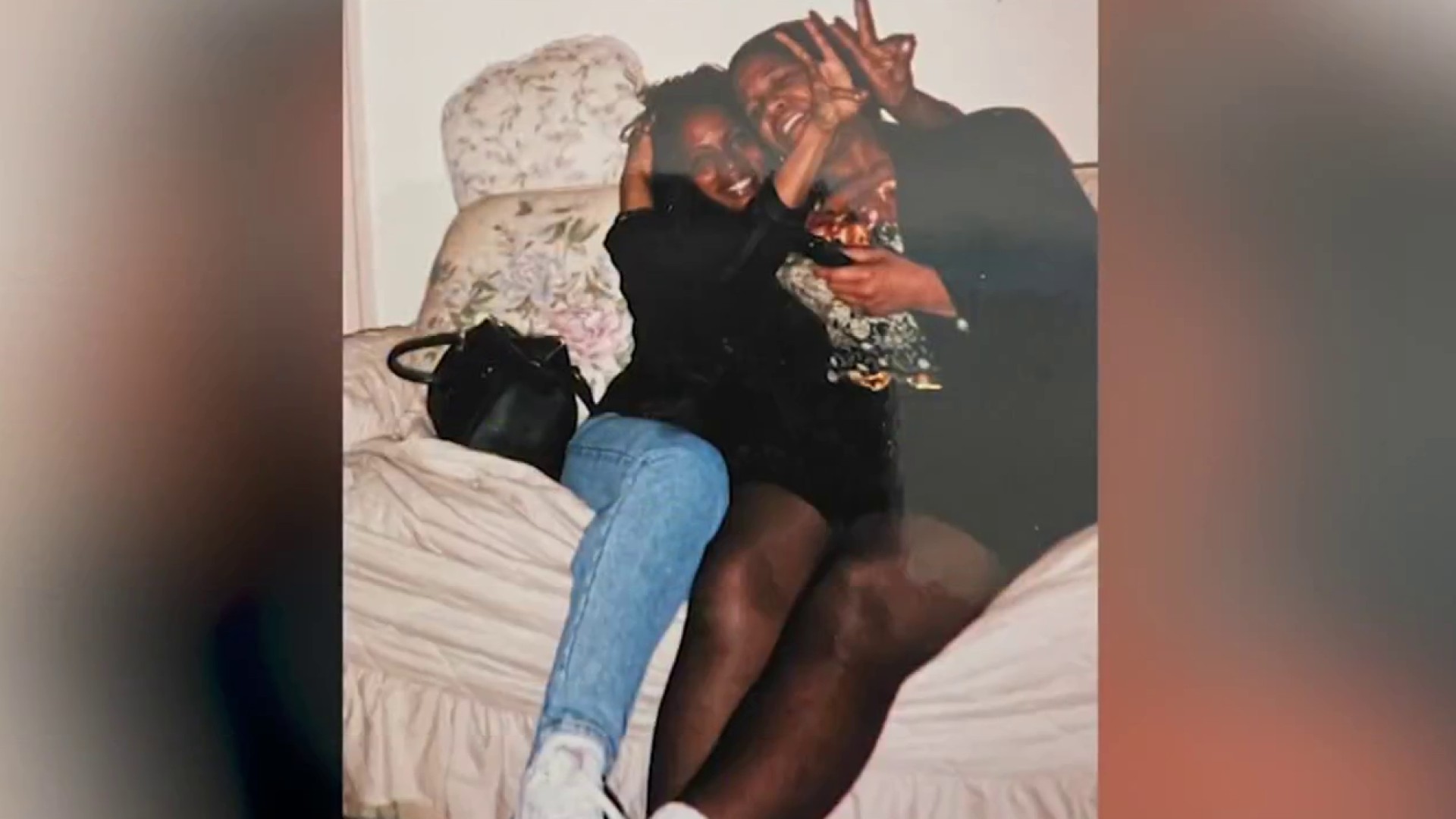A retired New Orleans chef and descendant of some of the slaves sold to raise money for Georgetown University in the 1800s has started her second semester at the school.
Mélisande Short-Colomb, 63, began class last fall. She is one of a few Georgetown students who are descendants of the 272 slaves sold in 1838 to benefit the school.
Two leaders at the university orchestrated the sale of men, women and children for $115,000, or roughly $3.3 million in today's dollars, to pay off debts at the school. Among the 272 that were sold and sent to plantations in Louisiana were Short-Colomb’s ancestors, Abraham Mahoney and Mary Ellen Queen.
“Little girls grow up thinking about being princesses. Well, my grandmother always told me I was a queen and she knew her grandmother, Mary Ellen Queen,” she said.
Short-Colomb said she can see the graves of the Jesuit priests who owned her ancestors as slaves from her dorm room.
"Right down there in that cemetery are the graves of the men who thought it was a good idea to sell my family," she said while looking through her window.
The university has attempted to acknowledge and apologize for its historical ties to slavery. In 2016, school officials announced they would give preference in admissions to the descendants of slaves owned by the Maryland Jesuits in an effort to atone for profiting from the sale.
Local
Washington, D.C., Maryland and Virginia local news, events and information
Short-Colomb, a New Orleans native, was not aware of Mahoney and Queen’s ties to Georgetown until last summer. Until then, she had only heard her great-great-great grandparents’ stories through limited versions of oral histories.
After discovering more of her family’s complete history, Short-Colomb said she knew she wanted to return to school.
"I am as unencumbered in my life as I have ever been. I have always done and pursued the things that have interested me most in life," she said.
Another descendant was enrolled in the fall as a transfer student and a third was expected to begin a graduate degree in the spring, according to a statement from the university last year. Short-Colomb said she hopes more descendants will enroll and that she looks forward to connecting with them.
In addition to awarding priority admission consideration to descendants, the university also renamed two buildings.
Isaac Hawkins Hall, formerly known as Mulledy Hall, was renamed for the first enslaved person listed for sale on the recovered documents from 1838. Anne Marie Becraft Hall — formerly McSherry Hall — got its name from Anne Marie Becraft, a free African-American woman who created a school for young black girls in Georgetown.
For Short-Colomb, this recognition of the past has led to her sharing a classroom with students several decades her junior and with vastly different life experiences.
"I am so encouraged and appreciative of my classmates," she said. "There are decades between us, but I have so much to learn from them, and I think there’s a lot they can learn from me."
She said she is leaning toward majoring in history.



